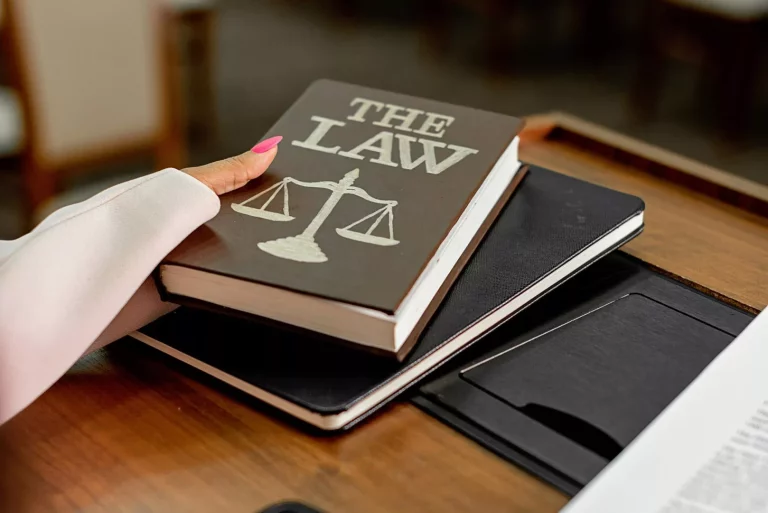Divorce vs. Separation – Key Differences Explained
Ever wondered about the difference between divorce and separation? Here at TheBostonDivorceLawyer, we have the answers. Find out the key distinctions that could impact your future.
Based on legal definitions, divorce is the legal dissolution of a marriage, while separation is when a married couple lives apart but remains legally married.
Definition
Divorce and separation—I’ve learned they’re the legal processes for ending a marriage.
Come to think of it, divorce is a legal process that ends a marriage. During a divorce, couples need to go through the court to finalize everything. This involves splitting property, deciding who gets custody of the kids, and figuring out payments like alimony or child support.
Separation is different; it’s when a married couple decides to live apart but stays legally married. It can be temporary or a step towards divorce. Believe it or not, during separation, couples might agree on things like where to live, handling money, and caring for the kids without going to court.
With a divorce, the marriage is officially over, and both people can remarry. In a separation, they stay legally married but live apart.
Keep in mind that the rules for divorce and separation can be different depending on where you live. It’s important to get legal advice to understand what you need to do in your area.
Legal status
Here’s an interesting fact I’ve learned: Legal status refers to the official recognition of my marital situation.
Believe it or not, when a couple wants to end their relationship, they can either get a divorce or separate.
Divorce is a legal process that ends a marriage. Once the divorce is final, both people are single and can marry someone else. The court decides how to split up their belongings, who gets custody of their children, and if any money needs to be paid for support.
Separation means the couple lives apart but stays legally married. During this time, they can agree on splitting up their belongings, child custody, and support without getting a divorce.
To be fair, divorce ends the marriage completely, while separation allows a couple to live apart but stay married. Separated couples still have some legal rights like making medical decisions for each other, inheritance rights, and tax benefits.
It’s important to know the legal effects of both divorce and separation, as each has different outcomes for a couple’s legal status and rights. Couples should get legal advice to decide what’s best for their situation.
Process
Based on what we analyzed before, in the process of my divorce, I experienced how a legal end is put to a marriage.
Basically, divorce and separation are two different ways couples can handle being apart.
In divorce, a couple goes through a formal court process. This involves lawyers and making decisions about splitting assets, child custody, and financial support. Divorce ends the marriage and can be very emotional for everyone involved.
Separation means that a married couple decides to live apart without legally ending the marriage. It doesn’t require a court process and doesn’t always lead to divorce. During separation, the couple might make informal agreements about where each will live, how they’ll handle money, and who will take care of the children.
To be fair, divorce is permanent and legally ends a marriage. Separation, on the other hand, is often temporary and might end in reconciliation or divorce later. Both scenarios can be emotionally tough and involve hard choices, but divorce has more lasting legal consequences than separation.
In short, divorce is a legal end to marriage, while separation allows a couple to live apart temporarily without ending the marriage. Both involve decisions about money, living arrangements, and children, but divorce is final, whereas separation might not be. Each has its own set of challenges and impacts on the couple and their children.
Finality
In the preceding section when I think about divorce and separation, one interesting fact that stands out to me is how they both involve ending a marriage, but they differ significantly in terms of finality.
Come to think of it, when a couple gets divorced, their marriage legally ends, and they are no longer husband and wife. Divorce is permanent, letting both people remarry and move on separately.
Separation is different because the couple is still legally married but living apart. This can be temporary or a step toward divorce. While separated, couples might try to fix their relationship or decide to divorce later.
You know, separation lets couples take a break to think about their relationship without ending it completely. They might still have legal and financial connections and could possibly get back together.
In short, divorce ends the marriage for good, while separation gives couples a break without permanently closing the door. Couples should think about their own situation carefully before deciding between the two.
Impact
Supporting what was said, sure, here’s the revised sentence from a first-person perspective:
I’ve learned that divorce and separation are both ways for couples to end their relationship, but they impact each partner differently.
In other words, when a marriage ends in divorce, the partners are legally free to marry other people. Divorce can be emotionally and financially tough because you have to divide your belongings and figure out who takes care of the children. It’s the end of the relationship and is often a hard and painful process for both people.
Separation is different because it doesn’t legally end the marriage. Sometimes couples live apart for a while to work on their problems or decide if they want to get a divorce. So to speak, while separation can give a break from the relationship’s stress, it can also be confusing and uncertain about what will happen in the future.
Both divorce and separation affect everyone involved, including any children. They can bring emotional challenges, financial changes, and new living situations. It’s important for couples to think carefully about how their decisions will impact themselves and their loved ones before choosing between divorce and separation.
The End Note
Echoing our earlier comments in conclusion, while divorce is a legal termination of a marriage, separation is a period of living apart without legally ending the marriage. Divorce involves a formal process with legal implications, while separation can be informal and temporary.
What TheBostonDivorceLawyers is stressing the need for is, both options have their own pros and cons, and it is important for couples to carefully consider their circumstances before making a decision. Ultimately, the main difference lies in the legal status of the marital relationship.







